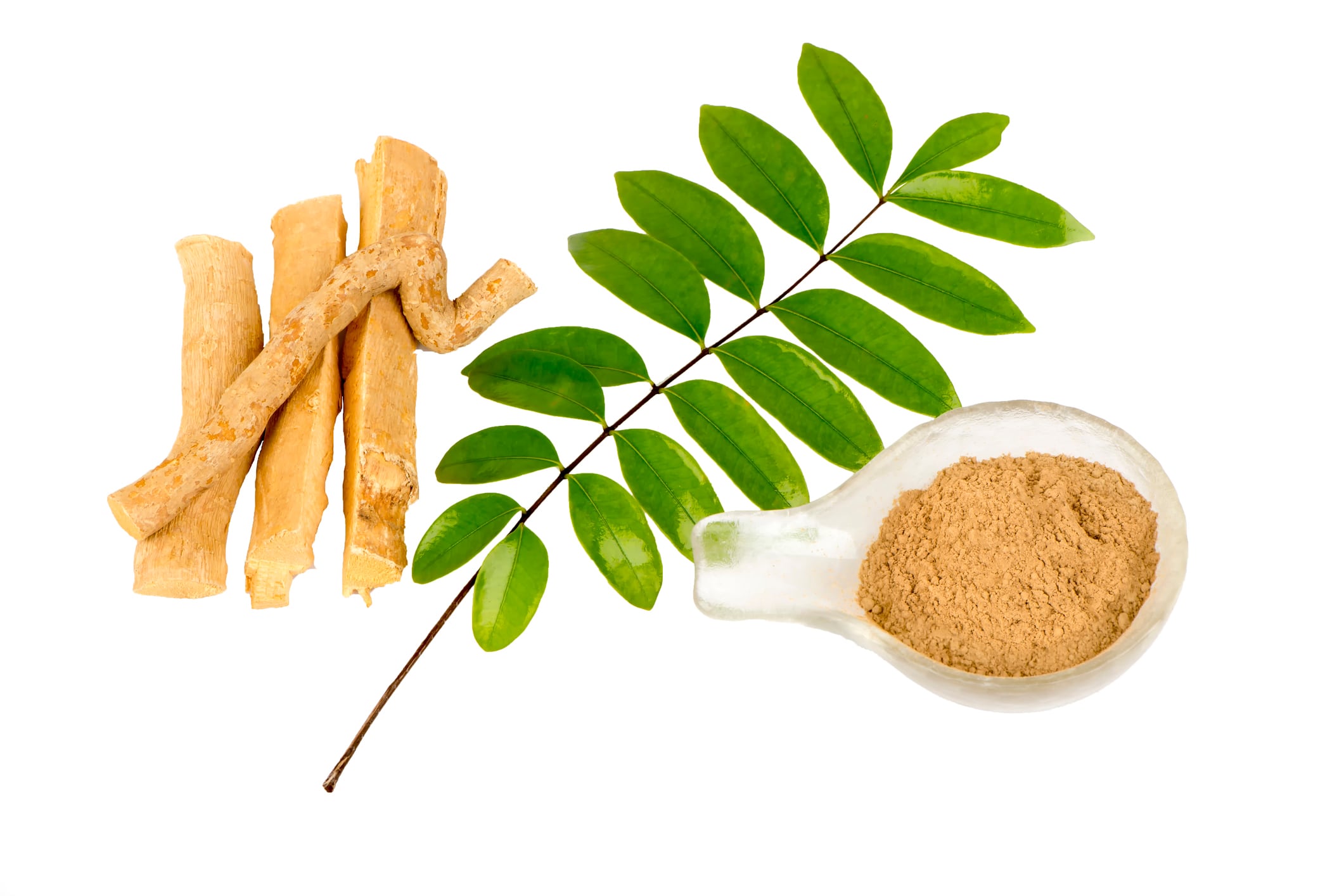The study reported that taking 100mg of Tongkat Ali daily for 12 weeks has significantly reduced symptoms of menopause — especially in areas related to physical and sexual health — based on the Menopause-Specific Quality of Life (MENQOL) questionnaire.
Tongkat Ali is usually studied for its aphrodisiac effects in men.
The current study is said to be the first-of-its-kind that assesses its effects in alleviating menopausal symptoms, the study researchers from Universiti Kebangsaan Malaysia and Biotropics Malaysia wrote in the World Journal of Clinical Cases.
A total of 138 women aged 40 to 55, mostly from the Malay ethnicity, were randomized to three groups, taking either 50mg or 100mg of Tongkat Ali or the placebo.
The Tongkat Ali used in this case was a standardized water extract of Eurycoma longifolia commercially available as Physta. It was provided by the study sponsor Biotropics Malaysia Berhad.
Questionnaires such as MENQOL and the Profile of Mood States (POMS) were used to assess the participants’ quality of life and mood state throughout the study.
Blood and urine samples were also collected for analysis of blood count, liver and renal function, fasting glucose, urine analysis, and lipid profiling.
Findings showed that the menopause symptoms saw a significant reduction from baseline in the group taking 100mg Tongkat Ali as compared to the placebo.
Total MENQOL mean score in the group taking 100mg Tongkat Ali was down 33.9% from baseline, while that of the placebo was down 23.3%, showing a significant difference between the two groups.
A higher MENQOL score indicates greater menopausal symptoms.
The group taking 50mg Tongkat Ali also saw a reduction in their total MENQOL mean score from baseline by 24.9%. However, the reduction was not statistically significant compared to the placebo group.
The MENQOL questionnaire comprises vasomotor, psychosocial, physical, and sexual domains.
Analysis of the results showed that the group taking 100mg Tongkat Ali experienced significant improvements in both physical and sexual domains as compared to the placebo group.
Physical domains include sleep quality, aches in the back of the neck or head, strength, and stamina. The sexual domain assesses areas such as sexual desire, vaginal dryness, and openness to intimacy.
“The Physta 100 mg group achieved a 33.9% significant reduction in total MENQOL score and statistically significant improvements in the physical (P = 0.046) and sexual (P = 0.043) domains compared with placebo.
“These differences indicate a potential actual treatment effect beyond expectation or placebo influence,” the researchers wrote.
Changes in mood
The two groups that took Tongkat Ali also showed a trend towards less mood disturbance as compared to the placebo.
However, the differences as compared to the placebo group were not statistically significant.
Between the two groups taking Tongkat Ali, the group taking the higher dose of 100mg showed greater reduction in mood disturbance as compared to the lower dose group.
This was based on the POMS scores, where the 100mg group showed a 38.6% reduction in total mood disturbance score, and the 50mg group showed a 23.1% reduction from baseline.
The placebo group, on the other hand, saw a reduction of 30.1% in total mood disturbance scores.
No serious adverse events were reported during the study, except for bloating, headache, breast tenderness, flatulence, and abdominal discomfort experienced initially when taking the study supplements.
No significant changes in hormone levels
The study also reported no significant changes in the female reproductive hormone levels across the three groups throughout the study.
While a statistically significant increase was seen for progesterone at week six in the 100 mg group as compared with placebo, the effect was not sustained at week 12.
No significant changes were observed in the 50 mg group.
“The transient increase in progesterone in the 100 mg group may be biologically plausible, potentially reflecting the adaptogenic and hormone-modulating effects of Eurycoma longifolia,” the researchers wrote.
More studies needed
While significant improvements were seen in the quality of life in women taking 100mg of Tongkat Ali, the researchers cautioned that further studies were needed due to the low statistical power of the current study.
“Although the decrease in total MENQOL scores with 100 mg Physta® reached statistical significance, the power analysis (0.516) indicated low statistical power.
“This reduces confidence in the stability of this finding and highlights the need for replication with larger sample sizes to confirm the observed effect.
“Hence, it underscores the importance of larger sample sizes, longer follow-up durations, and inclusion of objective biomarkers in future trials to further differentiate specific treatment efficacy.”
Source: World J Clin Cases 2025; 13(31): 109113, doi: 10.12998/wjcc.v13.i31.109113, “Effect ofEurycoma longifolia water extract (Physta®) on menopausal quality of life and mood states." Authors: Muniandy S et al.




